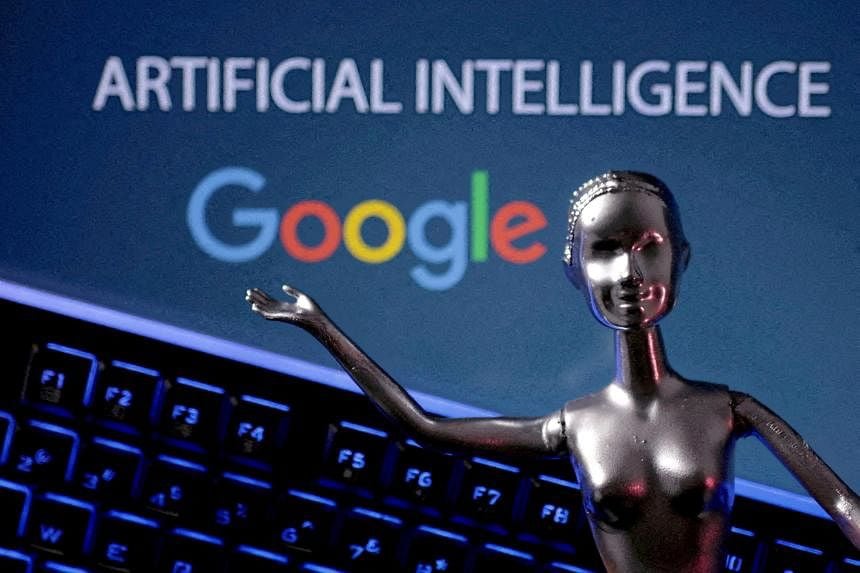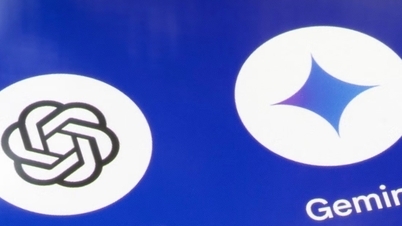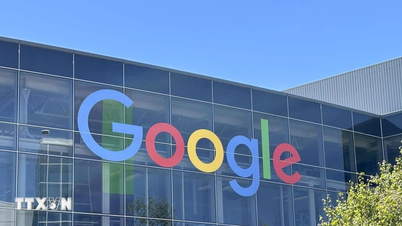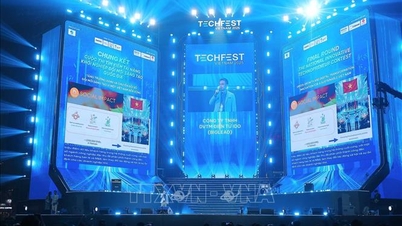
Google is not the first major tech company to view the rapid development of AI as an obstacle to achieving environmental goals - Photo: REUTERS
According to the annual environmental report released by the American technology company Google on July 2nd, Google's greenhouse gas emissions totaled 14.3 million tons of carbon dioxide ( CO2 ) throughout 2023, a 48% increase compared to 2019 and a 13% increase compared to 2022.
Google explained that the reason was due to higher energy consumption at its data centers and emissions from its supply chain, and stated that pushing for AI integration into its products could make its emissions reduction targets more difficult in the future.
Over the past few years, Google has stated its plan to eliminate these emissions from its operations by 2030.
But Google stated in its new report: "As we increasingly integrate AI into our products, reducing emissions may become challenging due to growing energy demands."
According to a recent Bloomberg investigation, AI—especially generative AI (with the ability to take user input and generate new content such as text, images, or songs)—is an extremely resource-intensive technology.
As this technology develops rapidly, more and more data centers will be needed to build and operate it, leading to a surge in electricity demand.
The surge in electricity demand driven by Silicon Valley's "growth at all costs" approach to AI now risks disrupting countries' energy transition plans, as well as the clean energy goals of trillion-dollar tech companies.
According to Bloomberg's analysis of the latest available data, in several countries such as Saudi Arabia, Ireland, and Malaysia, the energy needed to operate all the data centers they plan to build at full capacity is exceeding the available renewable energy supply.
Google is not the first major tech company to view the rapid development of AI as an obstacle to achieving environmental goals.
In May, Microsoft announced that its carbon emissions had increased by 30% since 2020, as the company increasingly invested in AI.
Dr. Sasha Luccioni, an AI researcher at Hugging Face, said the data shows that tech companies did not anticipate the rapid development of AI when they set environmental goals.
Source: https://tuoitre.vn/luong-khi-thai-nha-kinh-cua-google-tang-48-vi-phat-trien-ai-202407031028049.htm



![[Image] Close-up of the newly discovered "sacred road" at My Son Sanctuary](/_next/image?url=https%3A%2F%2Fvphoto.vietnam.vn%2Fthumb%2F1200x675%2Fvietnam%2Fresource%2FIMAGE%2F2025%2F12%2F13%2F1765587881240_ndo_br_ms5-jpg.webp&w=3840&q=75)













































































































Comment (0)